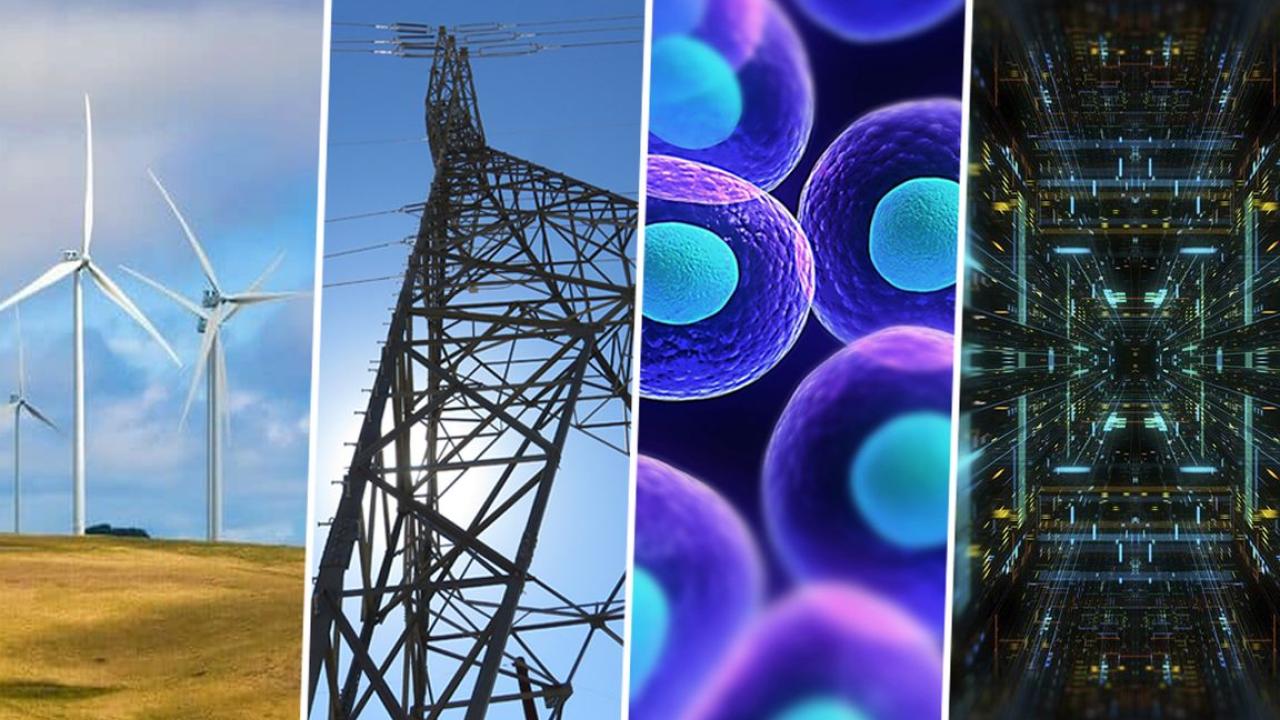The Noble Family Innovation Fund fuels high-risk, high-reward interdisciplinary investigations with a philanthropic commitment to the California NanoSystems Institute at UCLA. Totaling $10 million over three years, this fund supports basic and translational research involving nanoscale, billionths of a meter, interactions.
The 10 grants awarded are intended to promote research with high potential for commercialization and societal impact. Four such projects fall within the sustainability and clean energy technologies category.
Siobhan Braybrook, assistant professor of molecular, cellular, and developmental biology, and Timothy Malloy, the Frank G. Wells Professor of Environmental Law, are working on genetically engineering kelp and other brown algae which will increase the amount of carbon dioxide absorbed from the atmosphere. Additionally, they are mapping the legal and regulatory issues which relate to the implementation of the technology.
Richard Kaner, the Dr. Myung Ki Hong Professor of Materials Innovation and distinguished professor of chemistry and biochemistry and of materials science and engineering, is leading a team which is working to further a lithium-free approach to energy storage. Their technique is based on nontoxic and abundant zinc, and their goal is to create technology for grid-level batteries that will store energy from sustainable but intermittent sources such as the sun and wind.
Tim Fisher, the John P. and Claudia H. Schauerman Professor of Engineering and chair and professor of mechanical and aerospace engineering, and Yves Rubin, professor chemistry and biochemistry, are developing a zero-carbon footprint process for generating hydrogen for energy use. Their strategy is to use sunlight to cleanly turn methane into hydrogen and graphite, the raw material for batteries.
Amy Rowat, associate professor of integrative biology and physiology, is leading a team that is working to advance the process for creating lab-made meat. They grow tissue on an edible scaffold with the intention of producing food that can mimic the taste and texture of different cuts of steak without the environmental costs associated with traditional livestock farming and processing.
Learn about the other awarded projects and the Noble Family Innovation Fund at UCLA Newsroom.





